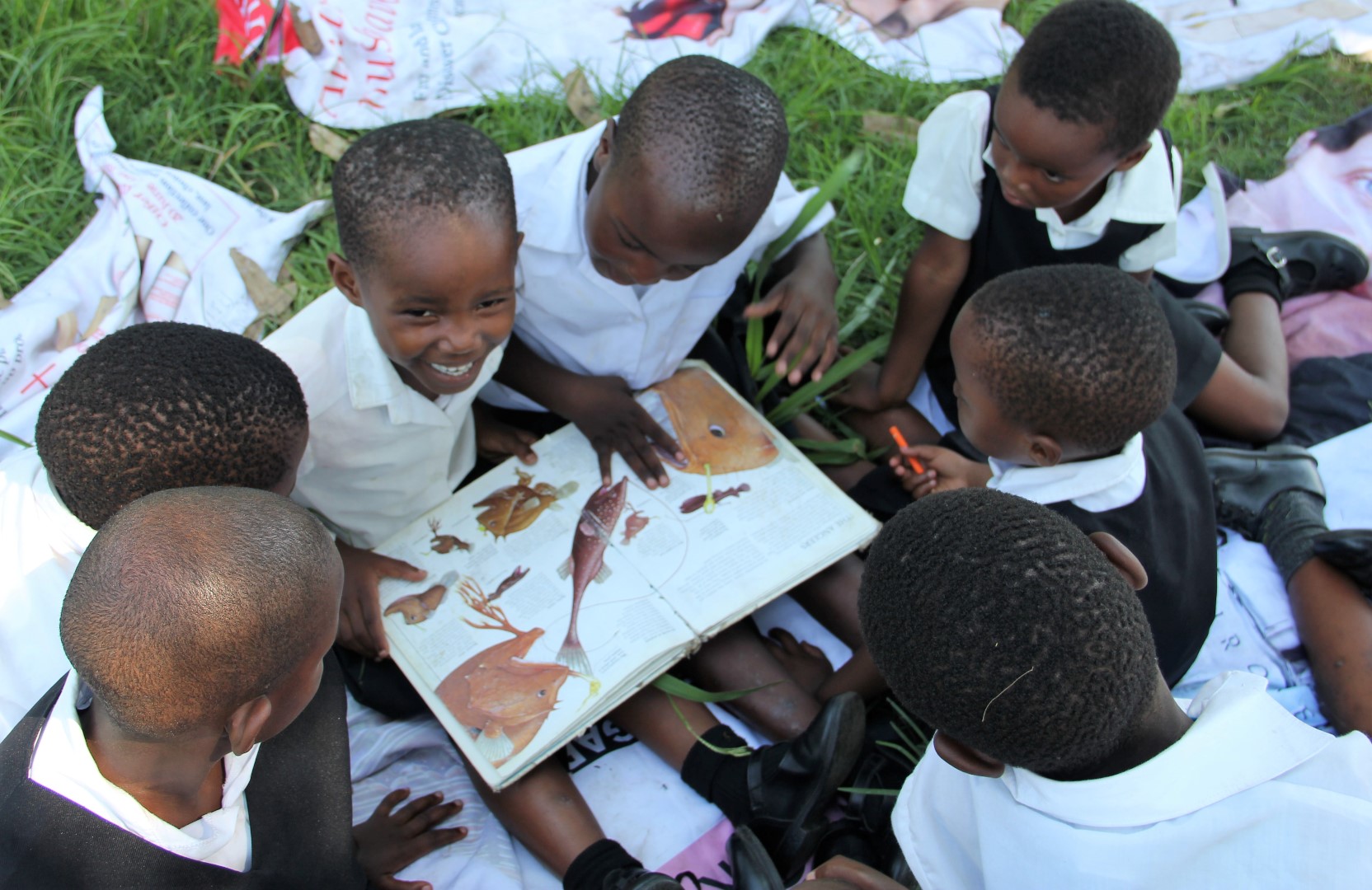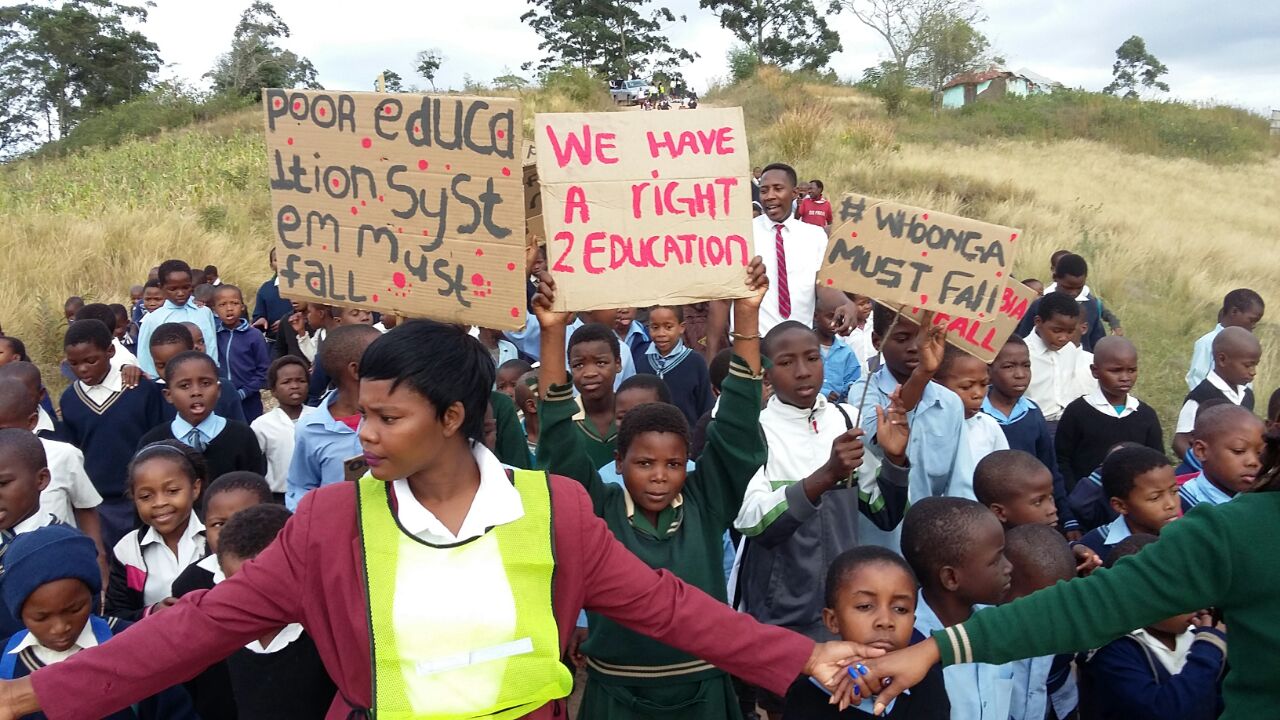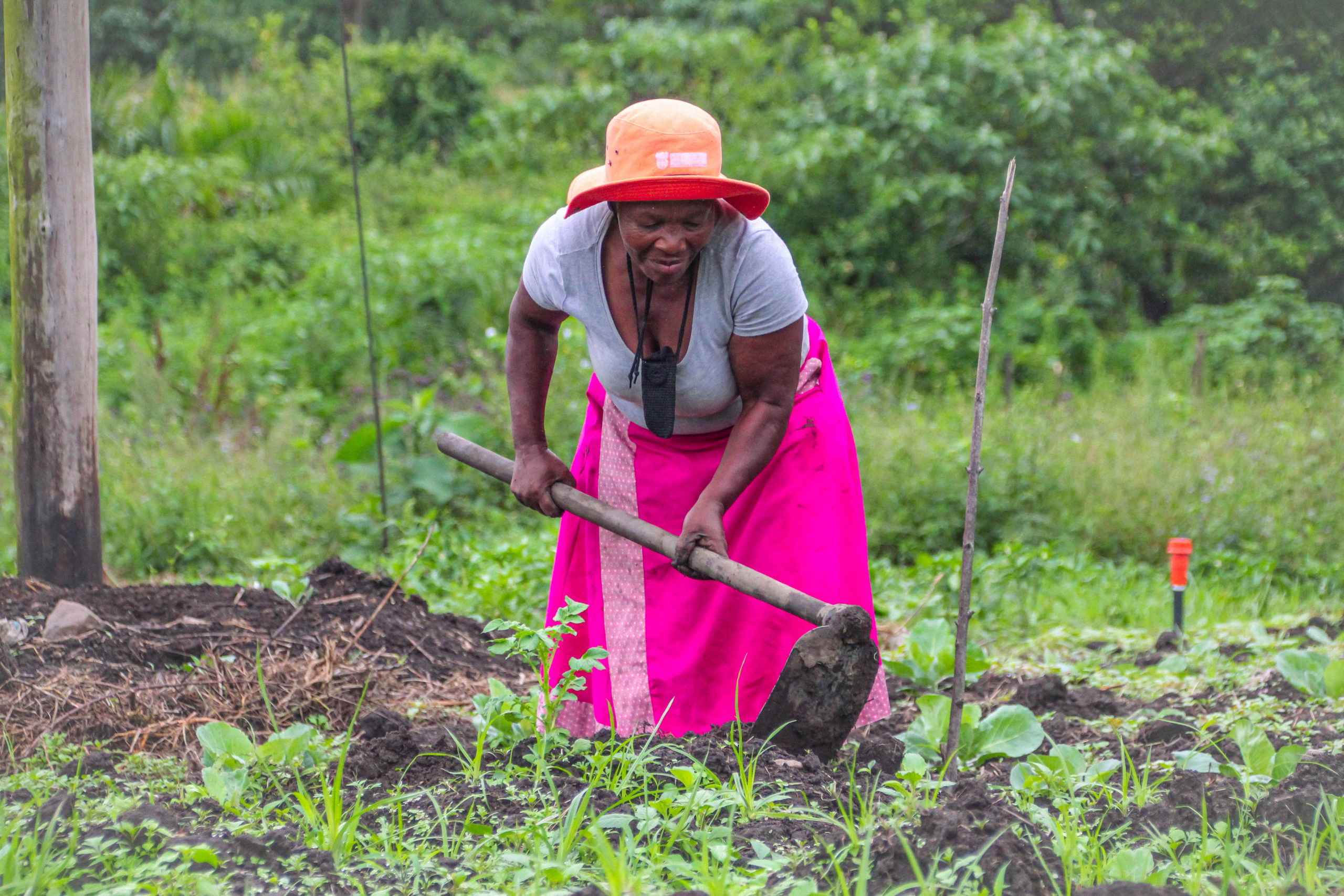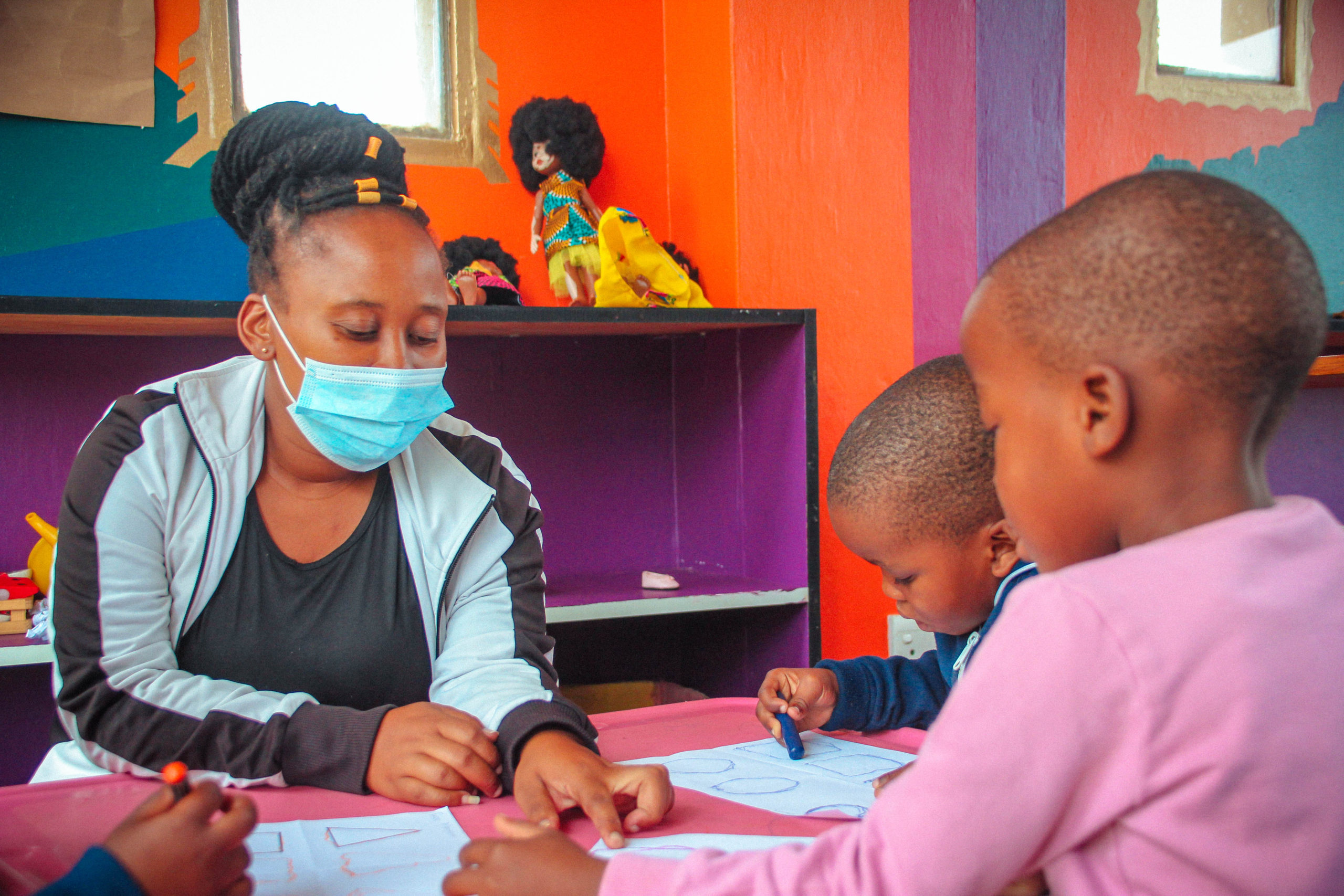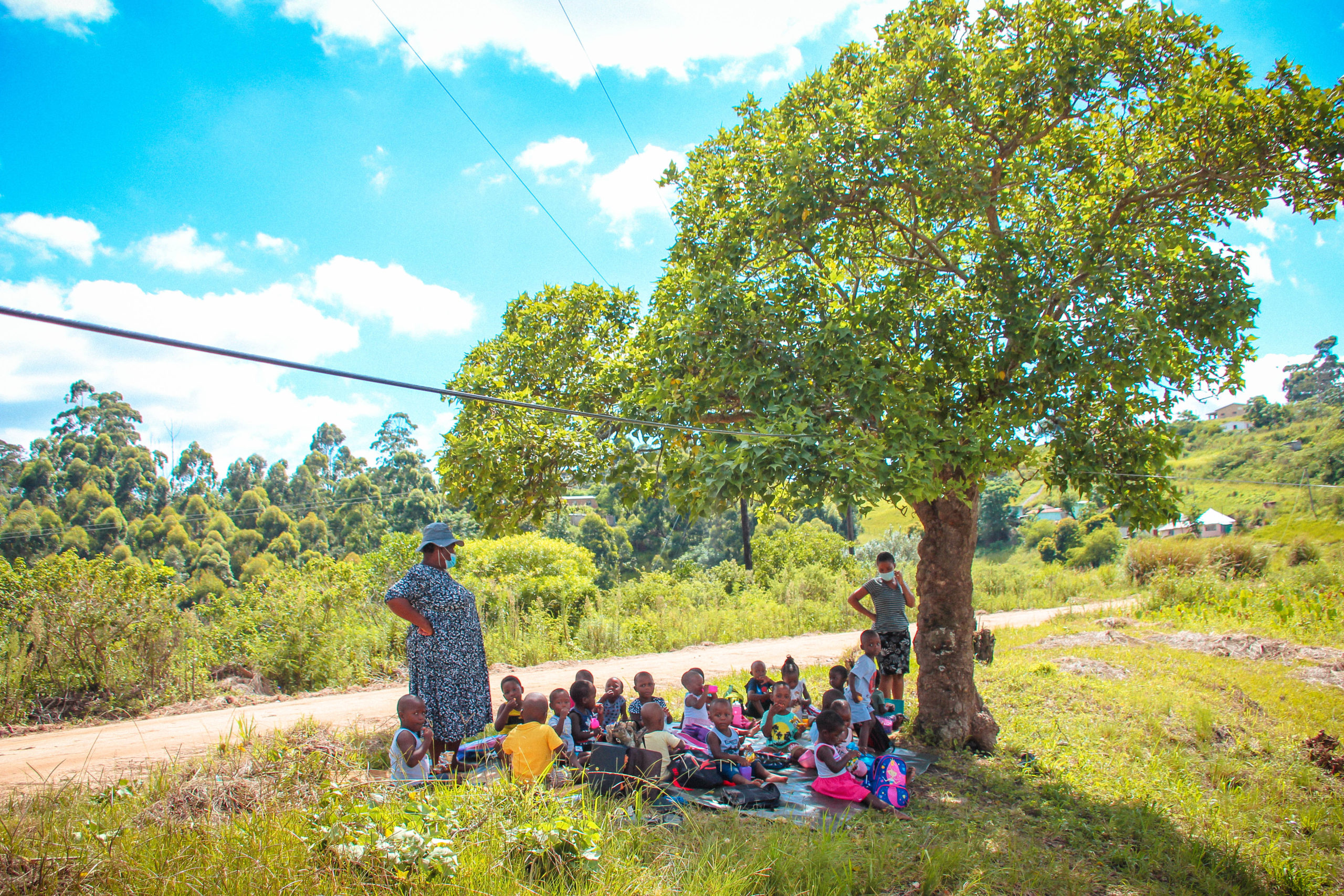Today, 21 March, marks a significant event in South Africa’s history – Human Rights Day. On this day in 1960, police opened fire on a group of individuals who gathered in the township of Sharpeville to protest laws that required Africans to carry pass books. Sixty-nine people were killed and another 180 were injured but their legacy lives on, as South Africans around the nation take this day to honour what they stood for: human rights.
The Bill of Rights outlined in South Africa’s Constitution state that everyone (irrespective of race, gender, religion, or sexual orientation) has the right to life, equality, and dignity – rights that everyone should have access to, <em>especially children</em>.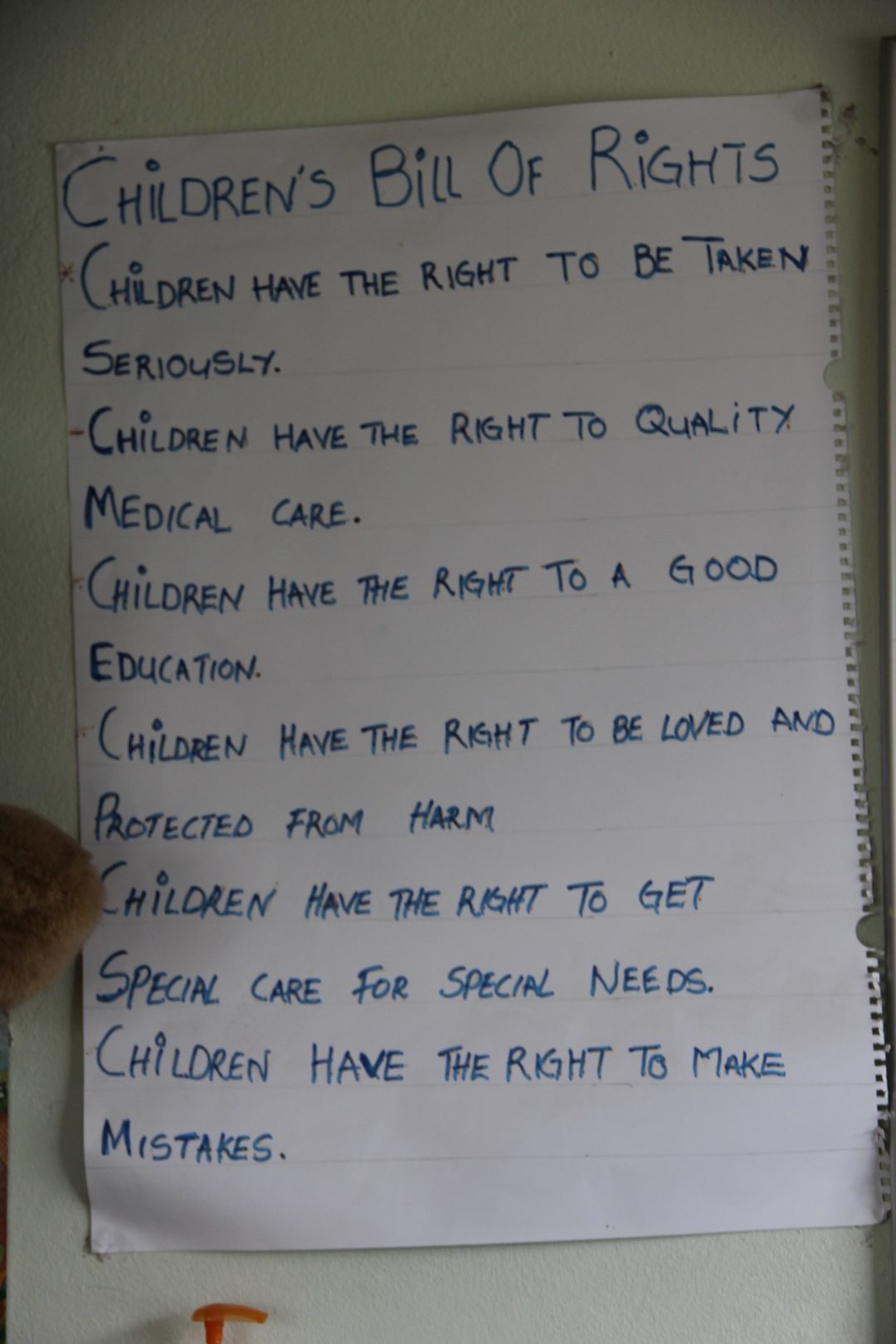
We introduce the concept of human rights (in true Thanda fashion) through games and open dialogue. Children play Pictionary, which is used as an icebreaker for the lesson, and provides an opportunity for some fun after a long day of school. Following the game, we get down to brass tacks by talking through some thought-provoking questions such as:
- What are children’s rights?
- How are they different from human rights?
- Why is it important that we have rights?
- Why is it important that we learn about these rights?
We then use a number of activities in lessons throughout the week to ensure that children truly understand the concept of human rights by:
- Using Pictionary to illustrate human rights visually
- Forming groups and using drama to act out different examples of our rights
- Developing a table of needs and wants, discussing the differences between the two, and organizing our needs in order of importance
- Discussing the importance of maintaining these rights and ensuring that everyone has access to them
Human Rights Day marks an affirmation by ordinary people, rising in unison to proclaim their rights. Ensuring that children understand human rights and equality at an early age is essential for creating virtuous citizens who will stand up for what is just and work toward building better communities, better nations, and ultimately, a better world.
